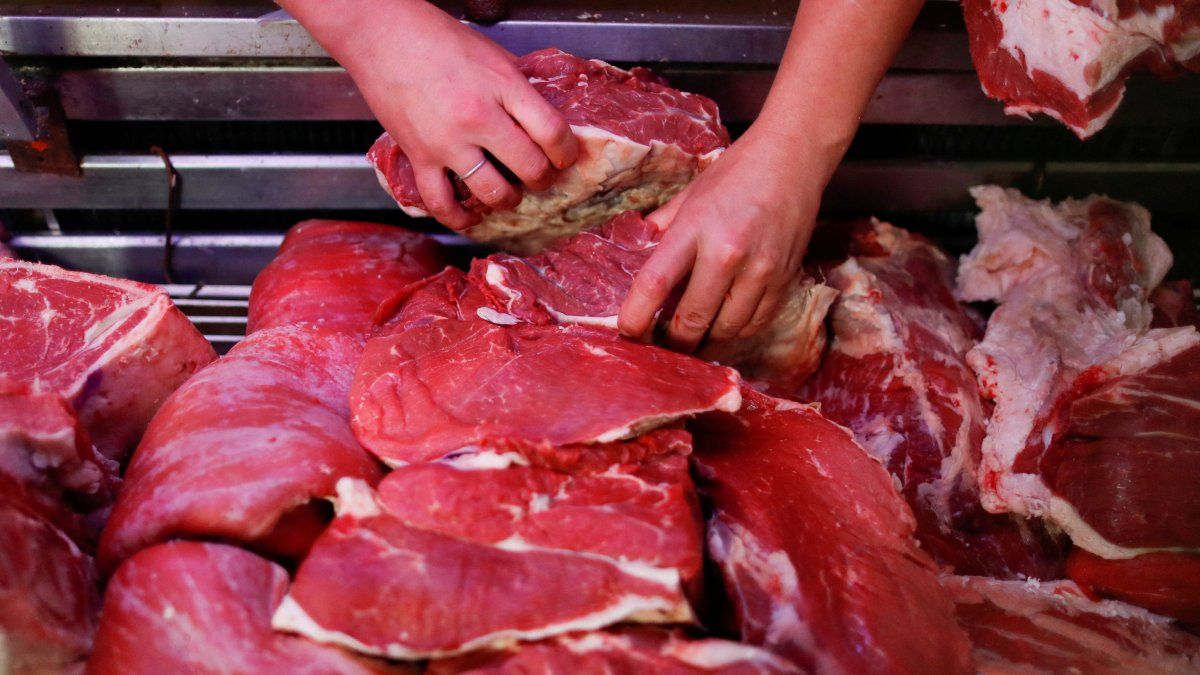I have been working in the news industry for over 6 years, first as a reporter and now as an editor. I have covered politics extensively, and my work has appeared in major newspapers and online news outlets around the world. In addition to my writing, I also contribute regularly to 24 Hours World.
Menu
Education: Unicef: Climate change is paralyzing schools worldwide
Categories
Most Read
CDU closed meeting: CDU struggles to differentiate itself from the AfD
October 19, 2025
No Comments
Trump mocks protests with AI videos as a king dropping feces
October 19, 2025
No Comments
Fabian from Güstrow: Tense atmosphere at the family service
October 19, 2025
No Comments
Gaza: Israel’s army confirms airstrikes on Rafah
October 19, 2025
No Comments
Demonstrations: “No Kings”: mass protests against Trump in the USA
October 19, 2025
No Comments
Latest Posts

Meat increased less than inflation in the last four months: the reasons
October 19, 2025
No Comments
October 19, 2025 – 1:18 p.m. Meat prices have remained stable in recent months, but consumption remains historically low. Reuters In the last four months,

What are the jewels that were stolen from the Louvre Museum and how much are they worth?
October 19, 2025
No Comments
October 19, 2025 – 1:00 p.m. The historic building closed its doors exceptionally while the facts are investigated. Paris was shocked this Sunday after a

Wolfgangsee Run: A run for the history books
October 19, 2025
No Comments
Almost 7,000 participants from 57 nations – more than ever before – tackled the 53rd edition of the traditional Wolfgangseelauf. Manuel Innerhofer from Neukirchen am
24 Hours Worlds is a comprehensive source of instant world current affairs, offering up-to-the-minute coverage of breaking news and events from around the globe. With a team of experienced journalists and experts on hand 24/7.

